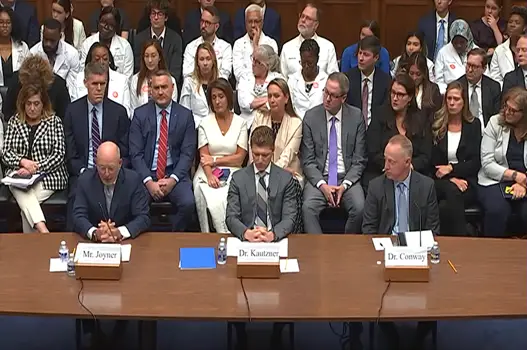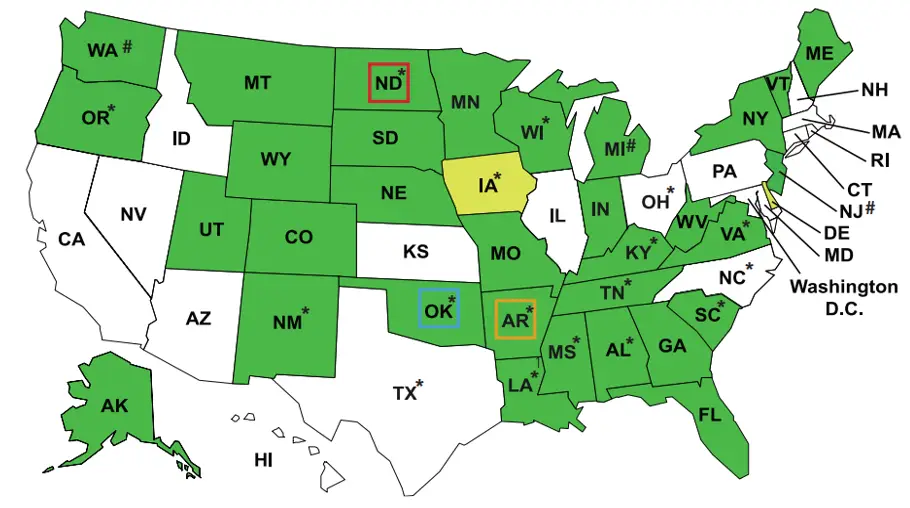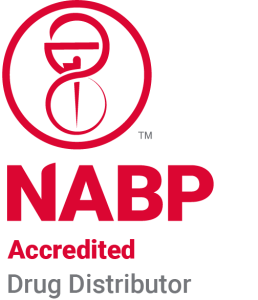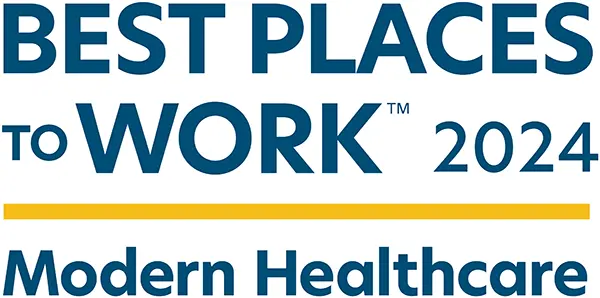Legislative Update to the Federation of Pharmacy Networks: What Independent Pharmacies Need to Know

The annual Federation of Pharmacy Networks (FPN) conference is always a highlight for independent pharmacy group purchasing organizations, and this year was no exception. As a member-owned cooperative, IPC (Independent Pharmacy Cooperative) is committed to keeping our members informed and empowered to navigate the ever-changing legislative landscape. At this year’s conference, Mark Kinney, IPC’s Executive Vice President of Government Relations, had the privilege of providing a comprehensive legislative update that highlighted critical developments at both the federal and state levels. These updates are essential for independent pharmacy owners who are working to improve their businesses, serve their communities, and strengthen the pharmacy industry as a whole.
Here’s a breakdown of the key takeaways from the legislative update and what they mean for independent pharmacies:
Federal Developments: PBM Reform and Beyond
PBM Reform Gains Momentum
 Pharmacy Benefit Manager (PBM) reform remains a top priority for independent pharmacies. Recent meetings with Senate Finance staff, Senator Bill Cassidy, and newly elected representatives have underscored the growing bipartisan support for addressing PBM practices that harm independent pharmacies. Notably, Congressman Derek Tran, a newly elected Democratic representative from California and an independent pharmacy owner, brings firsthand experience to Congress. His presence is a significant win for the industry, as he understands the challenges pharmacies face, from unfair reimbursement rates to opaque PBM practices.
Pharmacy Benefit Manager (PBM) reform remains a top priority for independent pharmacies. Recent meetings with Senate Finance staff, Senator Bill Cassidy, and newly elected representatives have underscored the growing bipartisan support for addressing PBM practices that harm independent pharmacies. Notably, Congressman Derek Tran, a newly elected Democratic representative from California and an independent pharmacy owner, brings firsthand experience to Congress. His presence is a significant win for the industry, as he understands the challenges pharmacies face, from unfair reimbursement rates to opaque PBM practices.
The 119th Congress has also seen pharmacy champions like Reps. Brett Guthrie (R-KY) and Buddy Carter (R-GA) take leadership roles on the House Energy and Commerce Committee. Their advocacy was evident in a February 26th hearing focused on pharmacy issues, signaling continued momentum for reform.
 While PBM reform was excluded from reconciliation, opportunities remain in 2025 to move legislation through continuing resolutions or stand-alone bills. There are also bipartisan efforts to make additional changes, such as the vertical integration breakup legislation proposed by Senators Josh Hawley (R-MO) and Elizabeth Warren (D-MA), aim to dismantle the monopolistic practices of healthcare conglomerates.
While PBM reform was excluded from reconciliation, opportunities remain in 2025 to move legislation through continuing resolutions or stand-alone bills. There are also bipartisan efforts to make additional changes, such as the vertical integration breakup legislation proposed by Senators Josh Hawley (R-MO) and Elizabeth Warren (D-MA), aim to dismantle the monopolistic practices of healthcare conglomerates.
Federal Agency Actions: What’s on the Horizon
FTC Investigations into PBM Practices
The Federal Trade Commission (FTC) continues its investigation into PBM unfair trade practices. With the release of its second interim report in 2024 and the appointment of new leadership, including Chair Andrew Ferguson, the FTC is expected to maintain its focus on holding PBMs accountable. Recent legal actions, such as the court order requiring CVS Caremark to comply with an FTC investigative demand, demonstrate the agency’s commitment to addressing anti-competitive behavior.
HHS and CMS Updates
The extension of the PREP Act through 2029 ensures that pharmacists can continue to administer vaccines and tests, reinforcing their role as accessible healthcare providers. Additionally, the HHS Negotiated Drug Program, set to begin in January 2026, will require pharmacies to sign up with the Medicare facilitator to participate in Part D. This program represents both an opportunity and a challenge, as pharmacies must navigate new requirements to remain competitive.
State-Level Developments: Progress and Challenges
 With no time to waste state legislatures are also taking action to address issues critical to independent pharmacies. Here are some highlights:
With no time to waste state legislatures are also taking action to address issues critical to independent pharmacies. Here are some highlights:
- Illinois: Efforts are underway to implement transparent, cost-based reimbursement methodologies for Medicaid managed care organizations.
- Michigan: Pharmacist provider status bills, including test-and-treat authority and independent prescribing of hormonal contraceptives, are gaining traction.
- Colorado: HB 1222 aims to establish a reimbursement floor for commercial networks, ensuring fair compensation for pharmacies.
- California: PBM reform legislation (SB 41) would require PBM licensure and strengthen oversight of pharmacy practices.
- Ohio: SB 95, which passed with overwhelming bipartisan support, authorizes remote dispensing pharmacies and prohibits health plans from restricting mail or delivery services.
These state-level initiatives reflect a growing recognition of the vital role independent pharmacies play in healthcare delivery, particularly in underserved areas.
Emerging Issues: Telepharmacy and Automation
The COVID-19 pandemic accelerated the adoption of telepharmacy and automation, particularly in pharmacy access deserts. Today, 25 states permit retail telepharmacy, with over 215 retail telepharmacy locations nationwide. While these innovations improve access to care, they also raise concerns about regulatory protections for existing pharmacies. As more states consider telepharmacy legislation, it’s essential for independent pharmacies to stay informed and advocate for policies that support their sustainability.
PBM State Licensure Laws 2024:
Why This Matters for Independent Pharmacies
The legislative and regulatory developments outlined above have far-reaching implications for independent pharmacies. From PBM reform to Medicaid reimbursement and telepharmacy, these changes will shape the future of the industry. For IPC members, staying informed and engaged is critical to navigating these challenges and seizing new opportunities.
As a member-owned cooperative, IPC is uniquely positioned to support independent pharmacies through these changes. Our comprehensive services, advocacy efforts, and commitment to returning profits to our members ensure that you have the resources and support needed to thrive.
What’s Next?
The coming year will be pivotal for independent pharmacies. With opportunities to advance PBM reform, improve reimbursement rates, and expand provider status, there is much to be hopeful about. However, success will require continued advocacy and collaboration.
At IPC, we encourage you to stay informed, engage with your legislators, and take advantage of the resources and support available through our cooperative. Together, we can strengthen the independent pharmacy sector and ensure its continued role as a cornerstone of community healthcare.
Take Action: Make Your Voice Heard
At IPC, we believe that the collective voice of independent pharmacy owners is a powerful force for change. That’s why we’ve created the IPC Legislative Action Center—a dedicated platform where members and affiliates can stay informed about active campaigns at both the federal and state levels. Through the Legislative Action Center, you can take grassroots action to advocate for policies that support the sustainability and growth of independent pharmacies.
In the coming weeks, we’ll be launching campaigns focused on critical issues in Illinois (IL), Michigan (MI), Colorado (CO), California (CA), and Ohio (OH). These campaigns will provide you with the tools and resources needed to contact your legislators, share your story, and make a meaningful impact on the issues that matter most to your pharmacy and community.
Keep an eye on your inbox for communications tailored to your state, and visit the IPC Legislative Action Center to get involved today. Together, we can ensure that the voice of independent pharmacy is heard loud and clear in legislative halls across the country.
Let’s Start the Conversation
If you’re an independent pharmacy owner looking to enhance your business, enrich your community, and strengthen our industry, IPC is here to help. Let’s discuss your specific needs, challenges, and opportunities. An educated member is a successful member, and we’re committed to helping you achieve your goals.
Contact us today to learn more about how IPC can support your pharmacy’s success. Together, we can build a brighter future for independent pharmacies and the communities they serve.








 by
by